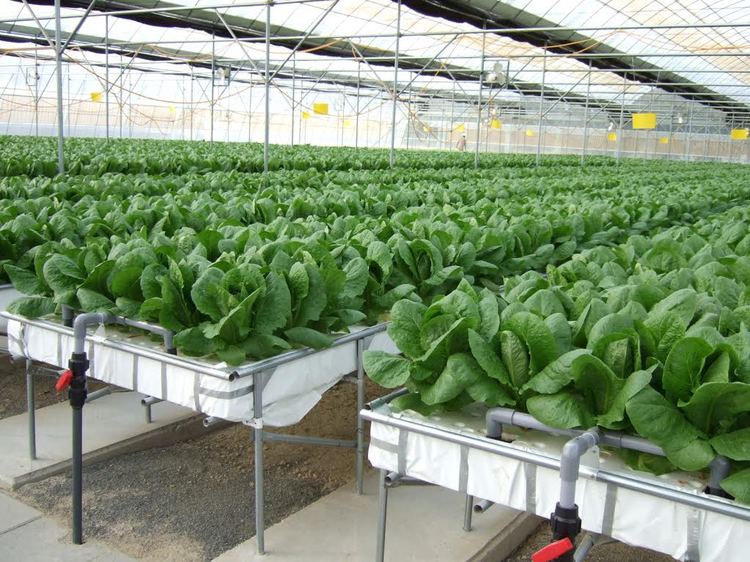
The Sunday Mail


The growing of plants in a water solution without soil guarantees the control of soil-borne diseases and pests
Growing up we knew that some climbers, like the money maker, could virtually be grown in a glass jar with nothing else but a water solution.
It is unfortunate that many people have not taken up this opportunity to grow plants this way. Hydroponics is the growing of plants in a water solution without soil. There are many advantages to growing plants this way.
Chiefly among them is that it is easier to control soil-borne diseases and pests.
\This is the future of gardening as it does not involve land preparation and its applications are numerous even when growing plants in space where there is no soil. Indeed, institutions like NASA have been doing experiments to that effect. Tobacco farmers have already adopted the technology in raising seedlings for this cash crop. And some farmers have already gone large with this technology as it can easily be self automated using computers. The system can easily monitor pH levels and nutrient status of the water medium, making alterations as need arises. This technology first came into being in the 1600s, perfected in the 1940s and its uptake has been slow despite its many advantages.
The plant is always endued with plenty of water, of which lack of water is the cause of poor yields when growing plants in soil.
If the hydroponics system installed is the kind that circulates the water, then there is massive savings on water as the same water is circulated again after being filtered. Plant roots always have plenty of oxygen as well. The result is a better yield in your vegetable garden.
Various types of inert media are used for the root plants to grow in such as perlite, vermiculite, gravel, sand, or simply floating trays. What is important in a hydroponic system is the balance of nutrients. Plants not only require nitrogen, phosphorus and potassium but also need micro-nutrients such as calcium, magnesium, sulphur, boron, cobalt, copper, iron, manganese, molybdenum and zinc for healthy plant growth.
Otherwise they will suffer from fungal and bacterial diseases. Thus the correct hydroponic fertiliser should be used which will supply nutrients in a ready form to the plants.
The initial investment for an automated hydroponic system is costly, but this need not deter you as one can always make a simple system at home with buckets. At home you can design your own with a water pump, reservoir, pH meter, air pump.
There are many hydroponic designs. One method is to have the plants watered from the top frequently at intervals and water drained away whilst the other one allows the roots to sit in the solution and then aerate the roots at pre-determined intervals.
It is important that the pots or buckets are sealed to exclude light so as to prevent algae forming. The next decision is to prepare your hydroponic solution. If you can get an already made solution the better but if not then make your own. Mix 255g of potassium nitrate, 198g of calcium sulphate, 170g magnesium sulphate, 113g mono-calcium phosphate, 43g of ammonium sulphate and a pinch of iron sulphate.
Use this mix at a rate of 1 teaspoon (10g) per 5 litres. Of course, there are quite a number of recipes available you just have to find the one that suits you.
Alternatively you can get an organic compost made from earthworm castings and this is readily available at garden centres.
Mix the compost with water. Electrical conductivity (EC) being the measurement of the dissolved material in an aqueous solution. You can also use solution kits or litmus paper to measure pH. Happy gardening!
Andrew Mangwarara is a horticulturist who can be reached by email on [email protected]



